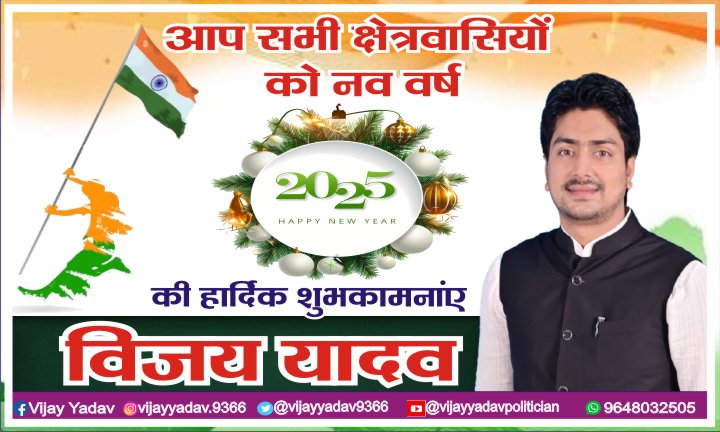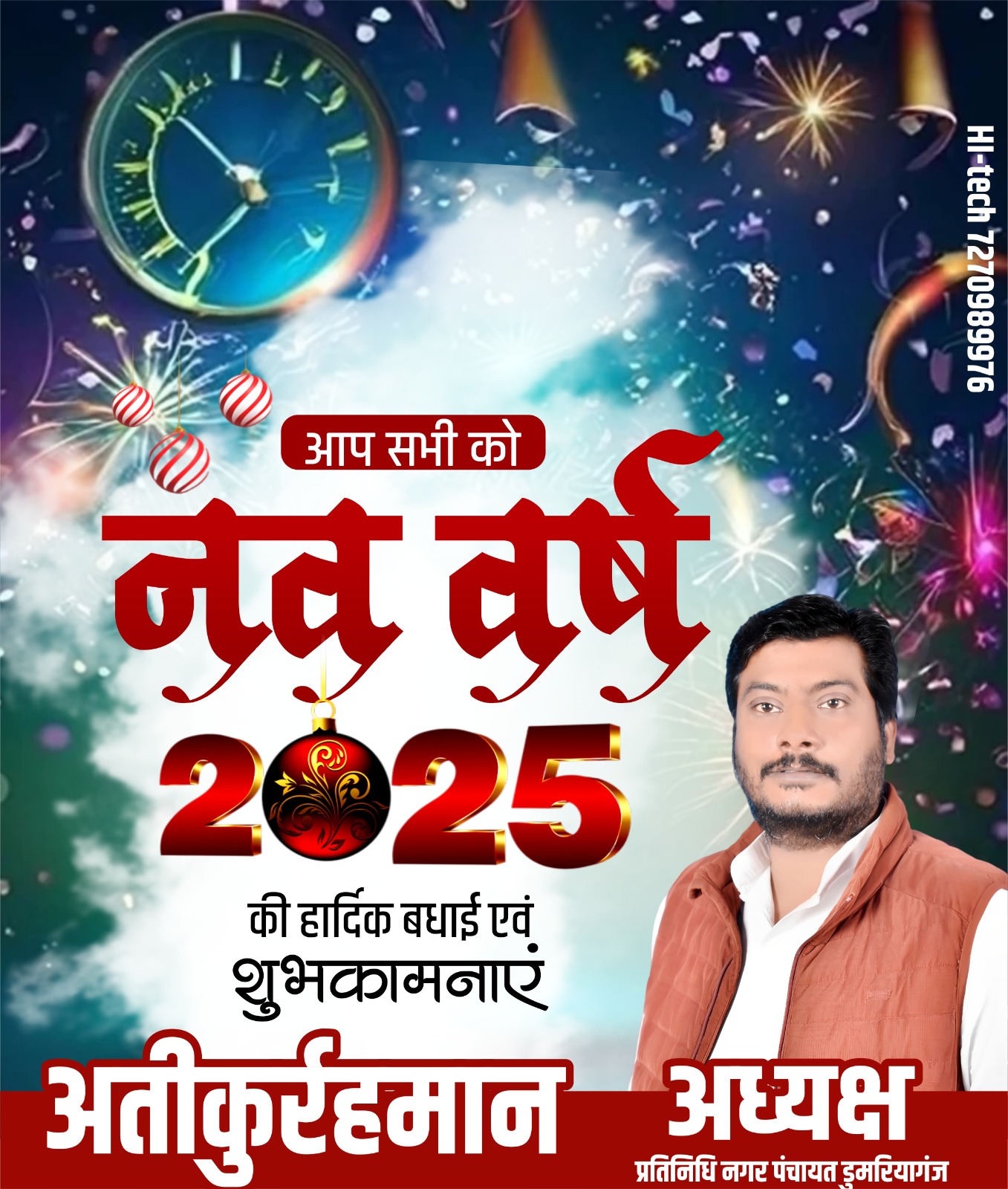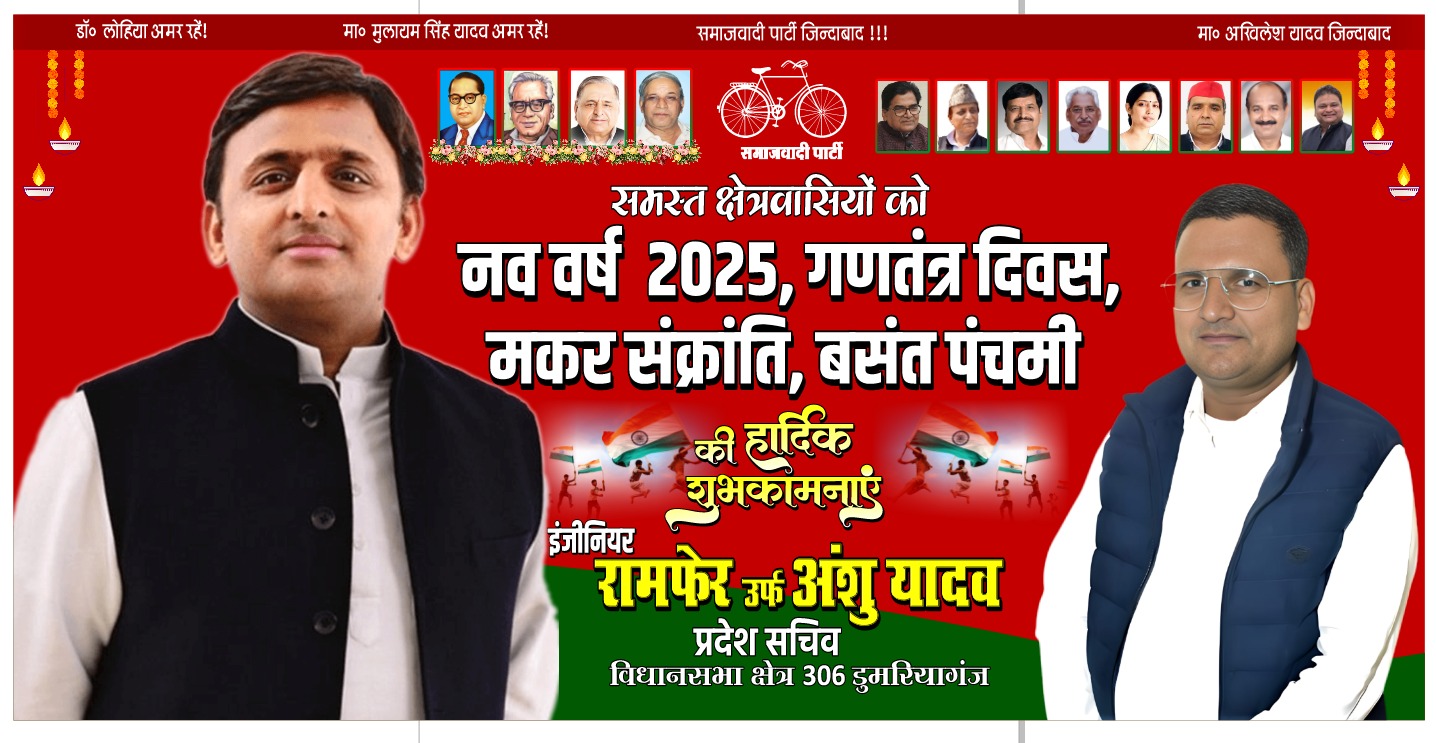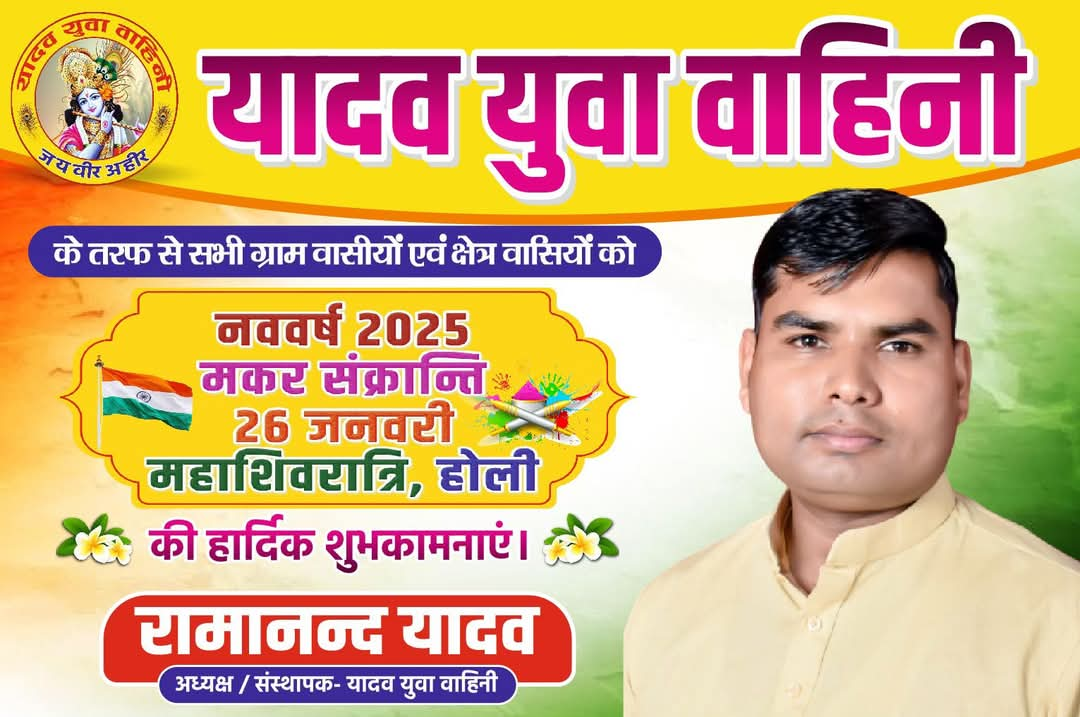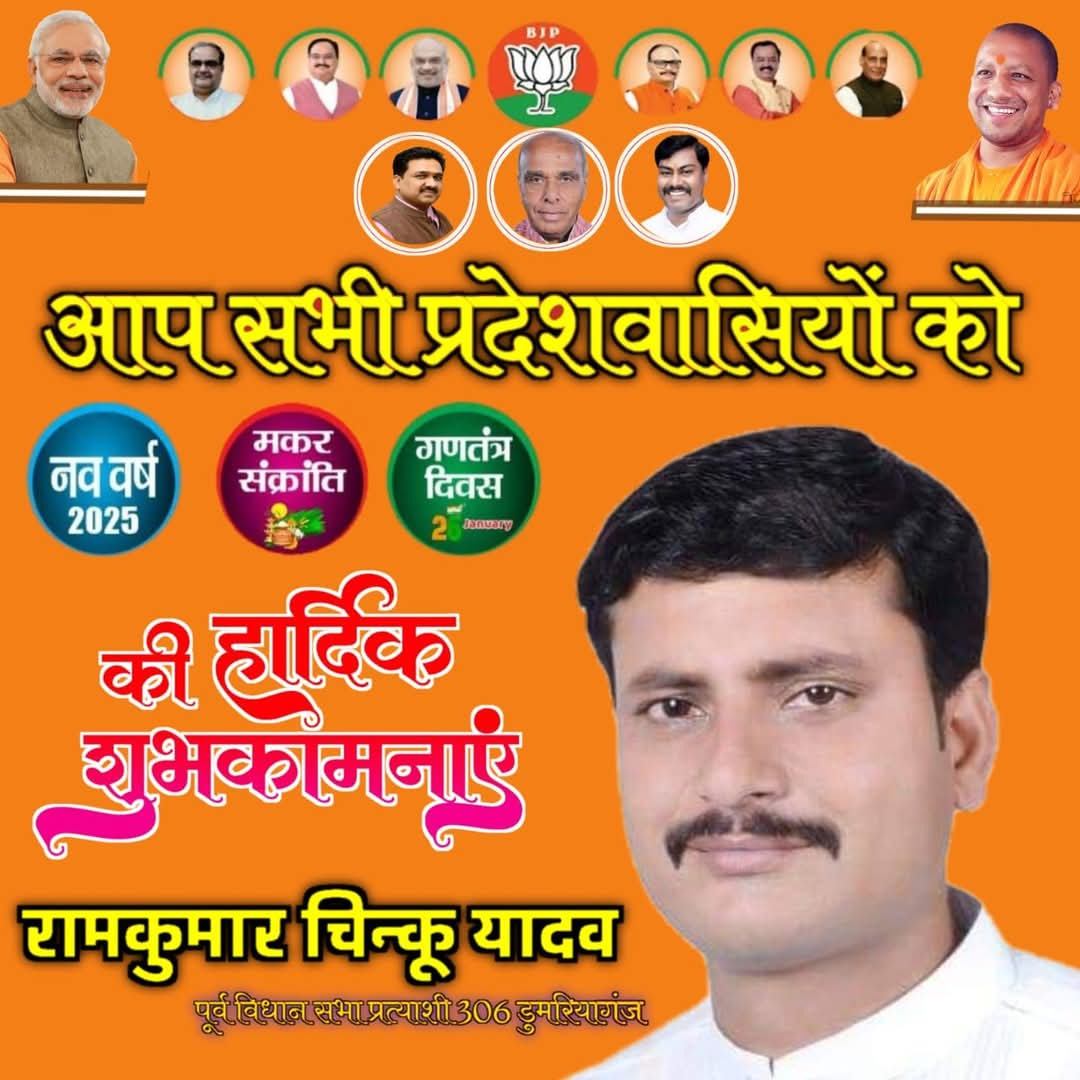In Paris, the most romantic city in the world, Magnus Carlsen has fallen in love again. With chess.
Carlsen declared so himself. Right after he had defeated one-time arch-nemesis Hikaru Nakamura in the final of the Paris leg of the Freestyle Chess Grand Slam Tour on Sunday.
The sport had seemed to constantly cause him bitterness over the last few years. The man known to fight till the last pawn on the board had started to pick up plenty of fights off the board. But over the past week, as he has duelled his way to the title at the Paris leg of the Freestyle Tour, Carlsen has repeatedly spoken about the “different joy and calmness” he feels while sitting down over the board to play a game of freestyle chess.
Story continues below this ad
Never mind that he has battled the flu for a significant portion of the event in Paris. He seems to love the format so much, in fact, that in a couple of days, Carlsen will be back on the board on Thursday to play in another freestyle event in Grenke: this time in an open tournament where players will play two classical games per day (something Carlsen has not done in over 20 years). Carlsen said he expected the experience to be exciting but exhausting. And unlike regular chess, where he would have scoffed at being asked to prove himself, he was actually looking forward to it.
“I’m not looking forward to playing with black pieces against some 2200-rated player on Thursday night,” Carlsen said, albeit with a wide grin that has become a rare sight when he talks chess these days. “I think it’s pretty cool that we get to prove ourselves in very, very different formats. That’s the way it should be.”
World no. 1 @MagnusCarlsen receives his 🏆 and check for $200,000 after winning the 2025 Paris #FreestyleChess Grand Slam! @GMHikaru takes 🥈 & $140,000, while @FabianoCaruana is 🥉 with $100,000! pic.twitter.com/9EUC2wjEXM
— chess24 (@chess24com) April 14, 2025
In another interview he did after winning the crown at Paris, Carlsen opened up about the “child-like joy” he feels in the Freestyle variant where the pieces on the back ranks can be shuffled in 960 different ways.
“Going to the board to play Freestyle Chess, compared to classical chess, is a completely different feeling. There’s more of a child-like joy of just playing chess rather than being worried about openings, rating points — things which are important, but don’t necessarily equate joy,” Carlsen said before adding: “I want to win too. You want to be reminded as to why you started playing chess early on. And I am reminded of that when I sit down for a Freestyle Chess game.”
It’s not just Carlsen. His opponent Nakamura too has seemed disenchanted with classical chess over the last few months, going to the extent of calling himself a chess streamer first and a chess player second. Despite losing to Carlsen, he admitted that the Freestyle Chess variant was a “lot of fun to play.”
Story continues below this ad
So dominant has Carlsen been at the Paris event, that he has not needed a tiebreaker against any of his opponents in the knockout phase: Nodirbek Abdusattarov, Fabiano Caruana and now Nakamura.
Of course, plenty of Carlsen’s happiness playing at Freestyle Chess also comes from the considerable heft he enjoys. Recently, Jan Henric Buettner, the man behind the Freestyle Chess Tour, revealed that from the next event of the tour in Las Vegas, games will be reduced from 90-minute encounters to 45-minute battles. Both games of a round will be played on the same day at Las Vegas. Buettner also quietly slipped in that the idea had come from Carlsen. Changes to the format itself will also be implemented at the suggestion of Carlsen’s father, Henrik, Buettner added.
 Hikaru Nakamura and Magnus Carlsen in action during the Paris Freestyle chess. (Stev Bonhage/Freestyle Chess)
Hikaru Nakamura and Magnus Carlsen in action during the Paris Freestyle chess. (Stev Bonhage/Freestyle Chess)
For players of Carlsen’s generation like Fabiano Caruana and Hikaru Nakamura — Carlsen, Nakamura and Caruana incidentally ended as the top 3 at Paris — the Freestyle Chess variant also serves a practical purpose: players need to spend very little time preparing for a game before the duel begins in the playing hall. This is because they only find out which one of the 959 possible positions they will have to play that day 10 minutes before the game begins. Young players like Arjun Erigaisi, Gukesh and Praggnandhaa have a slight edge in classical chess because they can prepare for an opponent for hours at a stretch in the morning and then still have enough energy left in the tank to play a five-hour game without mental and physical fatigue creeping in. But Freestyle Chess offers players the luxury of waking up five minutes before they have to make it to the playing hall and still be absolutely fine.
Carlsen indicated as much.
“I don’t have the energy to play really good games. I can still be creative, I can still understand the position and the dynamic and strategic ideas. But I cannot implement them without blundering, which is what happened yesterday (game 2 of the semis against Caruana which ended in a draw) and today (game 1 of the final, which he won after his opponent, Nakamura, blundered horribly at the end). Essentially, I had to win the game three times today (against Nakamura): I got a winning position two times and I threw them away. I just won because he made the last blunder,” admitted Carlsen after defeating Nakamura in the first game on Sunday.
Story continues below this ad
Chess’ biggest takeaway from Paris is not that Carlsen won. It’s that he’s rediscovered that child-like joy and the hunger to ‘prove himself’ that propelled him to five world championship titles back in the day.














